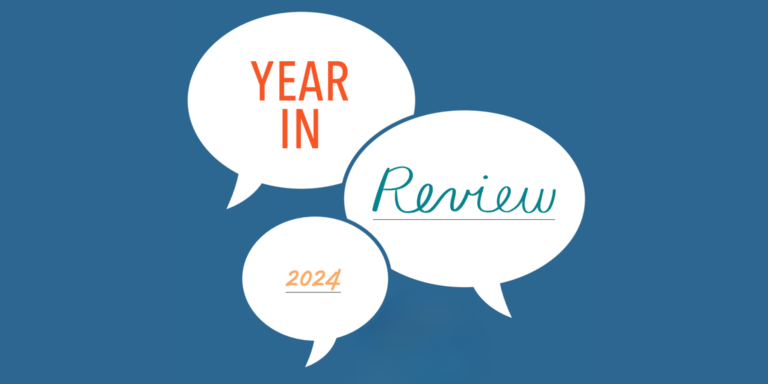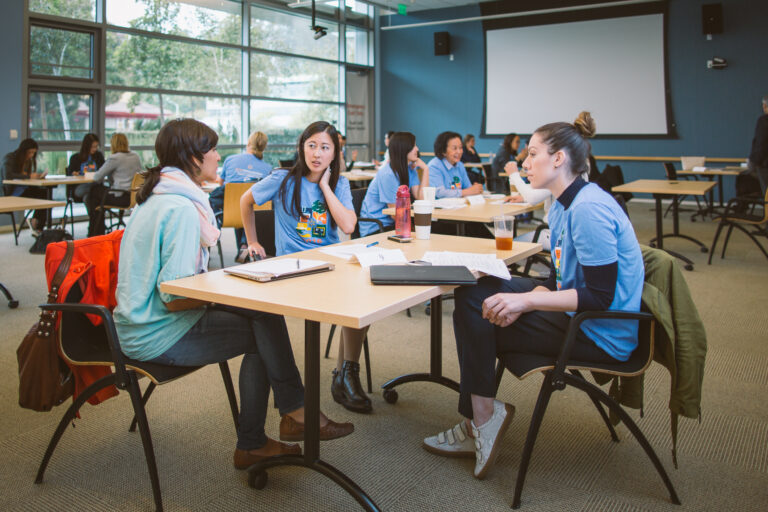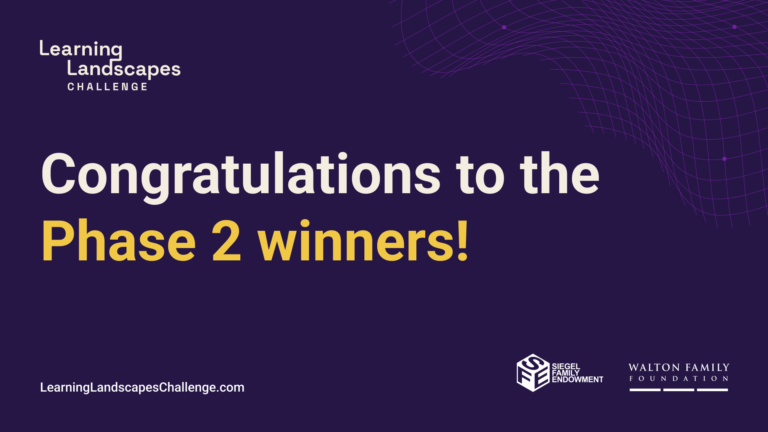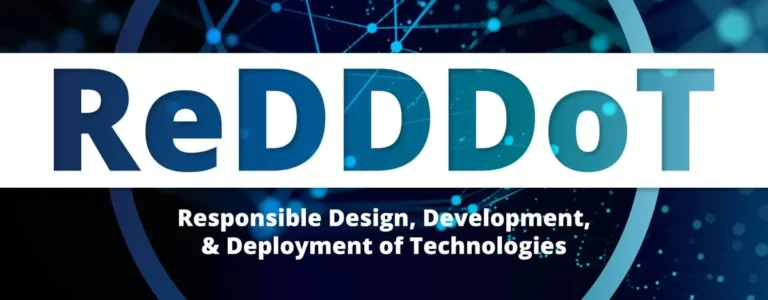
Philanthropy can help to create the conditions for learners to thrive, but only through meaningful community partnerships and connections
For more than a year, we’ve been engaged in a community-centric, place-based grantmaking strategy in Atlanta. The work has centered on schools as catalysts for change within communities, a theme that we explore in detail in our “Schools as Community Infrastructure” whitepaper.
We’ve partnered with Reimagine America’s Schools (the principal program of the National Design Alliance), Atlanta Public Schools, the City of Atlanta, local philanthropic organizations, local nonprofits, and Atlanta residents to collectively develop a vision for creating place-based initiatives that will help learners thrive. We recently released our reflections on the first phase of this work.
These findings and partnerships set the scene for our panel at the recent Grantmakers for Education (GFE) annual conference — which, coincidentally, took place in Atlanta! Joshua Elder, Vice President and Head of Grantmaking at Siegel, moderated the session. Panelists reflected the diverse range of institutions, sectors, and individuals who have partnered with us in Atlanta: Ann Cramer, IBM (retired); Courtney English, Senior Advisor to the Mayor, City of Atlanta; Atiba Mbiwan, Executive Director, Zeist Foundation; and Dr. Kevin S. Maxwell, Assistant Superintendent for Innovation Improvement & Redesign, Atlanta Public Schools.
Siegel Panel Recap: Atlanta Education Leaders Host “The Partnership Game Show!”
Schools play a vital role in public infrastructure, as they can help address many challenges impacting communities today, including the digital divide and the racial wealth gap. Our session at this year’s GFE conference featured a panel of representatives from funders and city- and community-led initiatives in Atlanta who shared insights from their work to position schools as critical public infrastructure, and to cultivate more equitable education models — but with a twist!
The panel took the form of a “Newlyweds”-style game show, where “contestants” involved in the Atlanta work wrote individual answers to questions about their shared work before revealing their answers to one another at the same time. Participants then unpacked their answers, and explored the similarities and differences between their responses.
The game show revealed the importance of close collaboration, and touched on topics like meaningfully including and elevating community voices, including school leaders, educators, students, families, and community members. Each person comes with particular lived experiences, and it is important to co-design solutions that take these perspectives into account.
Game show participants also highlighted trust as one of the critical ingredients to forming effective partnerships. Building trust is a long-term process that requires not just listening, but continually showing up, over and over, even after others have left. It means investing in relationships with local communities and convening institutions that may typically operate in silos. It means trying to correct what has historically been a very unbalanced “say-do” ratio, in which philanthropy has offered the “right” answer and insisted that the community take the proposed approach. In some cases philanthropy has failed to back up words with meaningful action. It means looking for ways to sustain activity, even as structures, leadership, and governance mechanisms continue to shift. It means being flexible and open to change when partners alter priorities or unforeseen events demand a different approach.
Below are our team’s top takeaways from the conference.
We need to design schools for connection and to build relationships.
Strong, trusting relationships are essential for learners’ success. Yet too often philanthropy has invested in approaches that aim to improve student learning outcomes without adequately building community, or supporting the networks of social infrastructure that sustain learning. As we’ve explored elsewhere, we have an opportunity to think about schools differently. We can simultaneously help students develop the skills prioritized by employers and help students bridge opportunity gaps.
We need to ensure that emergent technologies and fields, including generative AI, are equitable for all.
It’s important that we always place humans at the center of our work, even as we explore promising new technologies for teaching and learning. As we’ve argued elsewhere, that’s particularly true of emerging technologies, including generative AI. We need to help schools, teachers, and students meet the AI moment by investing in professional development, learning standards, and policies that prioritize ethical engagement and innovative learning opportunities with AI. If we don’t prioritize access and understanding, inequities will grow.
Philanthropy has an opportunity to advance equity by closing the rural education funding gap.
At the conference, we heard speakers who emphasized funding for schools in rural communities as a way to advance equity. While about one-in-five students in the United States attend a rural school, only 9% of philanthropic funding goes to rural schools. Schools play a central role in rural communities, and levers for driving innovation in rural school design include district strategic plans, student voice, and community connection.
In conclusion
So much of what we heard at the GFE conference resonated with what we’ve been learning from our work in Atlanta. During the conference, we hosted a dinner for local funders to discuss the work-to-date and explore future directions. We are excited to partner with them — and so many others — to further this work.





